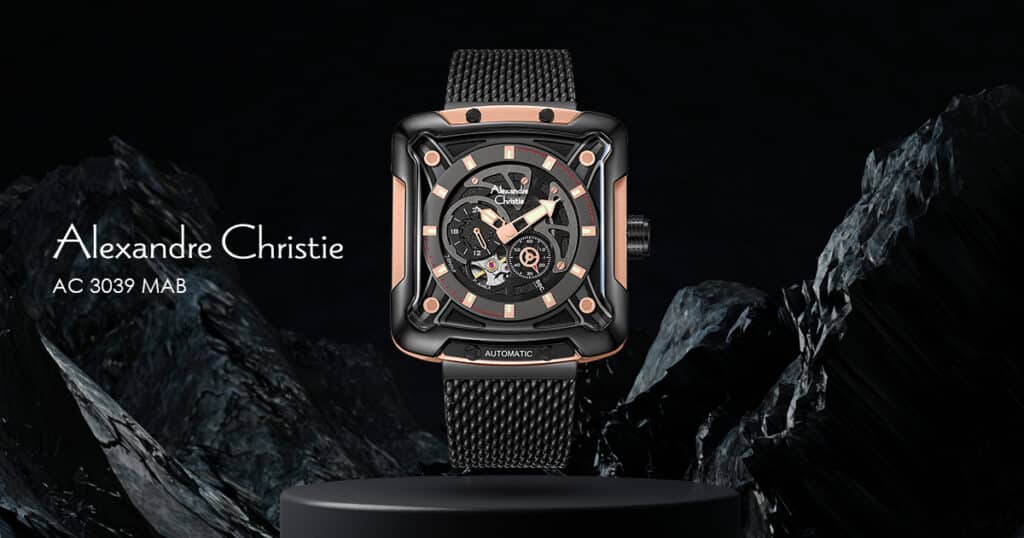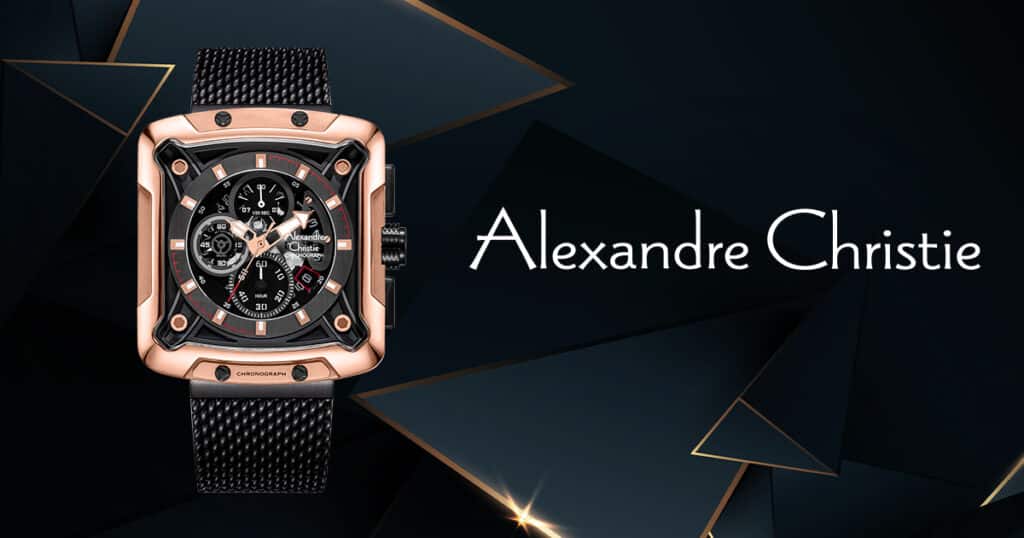
Ultimate guide to Mechanical Watches
A mechanical watch is a type of timepiece that uses a mechanical mechanism to measure and display the passage of time. Unlike quartz watches, which

Mechanical watches and quartz watches are two different types of timepieces with distinct mechanisms and characteristics. Here’s a comparison between mechanical and quartz watches:
1. Mechanism:
2.Accuracy:
3.Maintenance:
4.Craftsmanship and Tradition:
5.Price Range:
1.Craftsmanship and Artistry: Mechanical watches are highly regarded for their intricate movements and the craftsmanship involved in their production. They showcase the artistry and skill of watchmakers, making them objects of admiration and beauty.
2.Tradition and Heritage: Mechanical watches have a long history and carry a sense of tradition and heritage. They connect to a rich horological past and evoke a sense of nostalgia and timelessness.
3,Engaging Experience: Operating a mechanical watch, whether winding a manual watch or feeling the automatic movement, offers a hands-on and engaging experience. The mechanical movement and visible components provide a fascinating spectacle for watch enthusiasts.
4.Potential Investment Value: Some mechanical watches, particularly those from renowned brands or limited editions, can appreciate in value over time. Collectors often seek rare or iconic mechanical watches, making them potential long-term investments.
1.Accuracy: Mechanical watches, while generally accurate, are typically less precise than quartz watches. They can have a tolerance range of several seconds per day, which may not meet the demands of those requiring highly accurate timekeeping.
2.Maintenance and Servicing: Mechanical watches require regular servicing, including cleaning, lubrication, and adjustment, to ensure optimal performance and longevity. Servicing can be time-consuming and costly, as it involves intricate mechanical components.
3.Higher Cost: Mechanical watches tend to be more expensive compared to quartz watches. The craftsmanship, intricate movements, and use of high-quality materials contribute to the higher price tag of mechanical timepieces.
1.High Accuracy: Quartz watches are known for their exceptional accuracy. They typically lose or gain only a few seconds per month, making them reliable timekeeping devices.
2.Low Maintenance: Quartz watches require minimal maintenance beyond occasional battery replacements, usually every 1-2 years. They are convenient and hassle-free compared to the regular servicing needed for mechanical watches.
3.Affordability: Quartz watches are generally more affordable and accessible compared to mechanical watches. They offer a wide range of options at various price points, making them suitable for different budgets.
1.Lack of Craftsmanship: Quartz watches focus more on precision and practicality rather than intricate mechanical craftsmanship. They may not have the same level of artistry and traditional watchmaking techniques found in mechanical watches.
2.Battery Dependency: Quartz watches rely on a battery for power, which will eventually need to be replaced. Depending on the specific model, the battery lifespan can vary, and the inconvenience of a dead battery can disrupt timekeeping.
3.Limited Exclusivity: Quartz watches are often mass-produced and readily available, which means they may lack the exclusivity and rarity associated with certain mechanical watches.
When deciding between a mechanical watch and a quartz watch, consider these merits and demerits in the context of your personal preferences, budget, and the features that are most important to you in a timepiece.

A mechanical watch is a type of timepiece that uses a mechanical mechanism to measure and display the passage of time. Unlike quartz watches, which

What is a Chronograph Watch? A chronograph is essentially a stopwatch integrated into a watch or timepiece. It allows the measurement of elapsed time with

Subscribe to get special offers, free giveaways, and once-in-a-lifetime deals.
